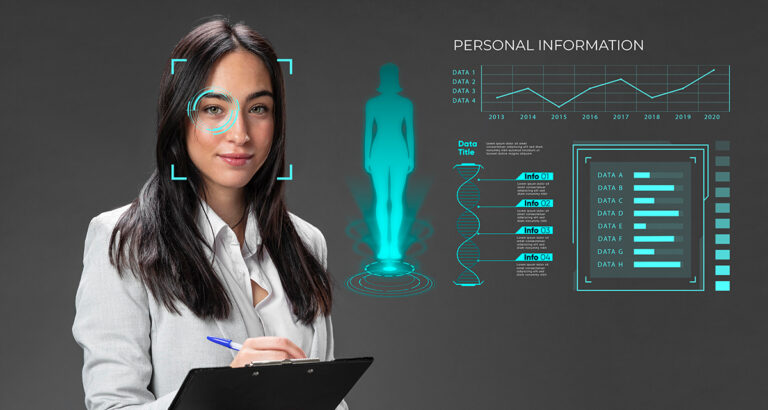A study published in The American Journal of Geriatric Psychiatry suggests that telemedicine is as effective as usual care in managing neuropsychiatric symptoms (NPSs) among dementia patients in long-term care facilities (LTCFs), particularly in reducing hospitalizations and psychotropic drug prescriptions. This was confirmed by secondary and exploratory analyses from the DETECT study, a multicenter, controlled trial that compared telemedicine management of NPSs with traditional care.
The study enrolled 141 patients (mean age 86.8 years, 70.2% women) from 19 LTCFs, with 76 patients in the telemedicine intervention arm and 65 in the usual care arm. The intervention involved consultations within 72 hours of disruptive NPSs, followed by follow-up after one month, involving a team of specialists. Usual care was based on the LTCFs’ protocols and included potential referrals for specialized care.
Despite no significant differences in hospitalizations or psychotropic prescriptions, the telemedicine group showed improvements in several outcomes, including neuropsychiatric inventory (NPI) scores, distress levels, and daily living function. The study highlights the potential benefits of telemedicine in improving the quality of life for dementia patients but also acknowledges limitations such as sample size, non-blinded assessors, and the open-label study design.





